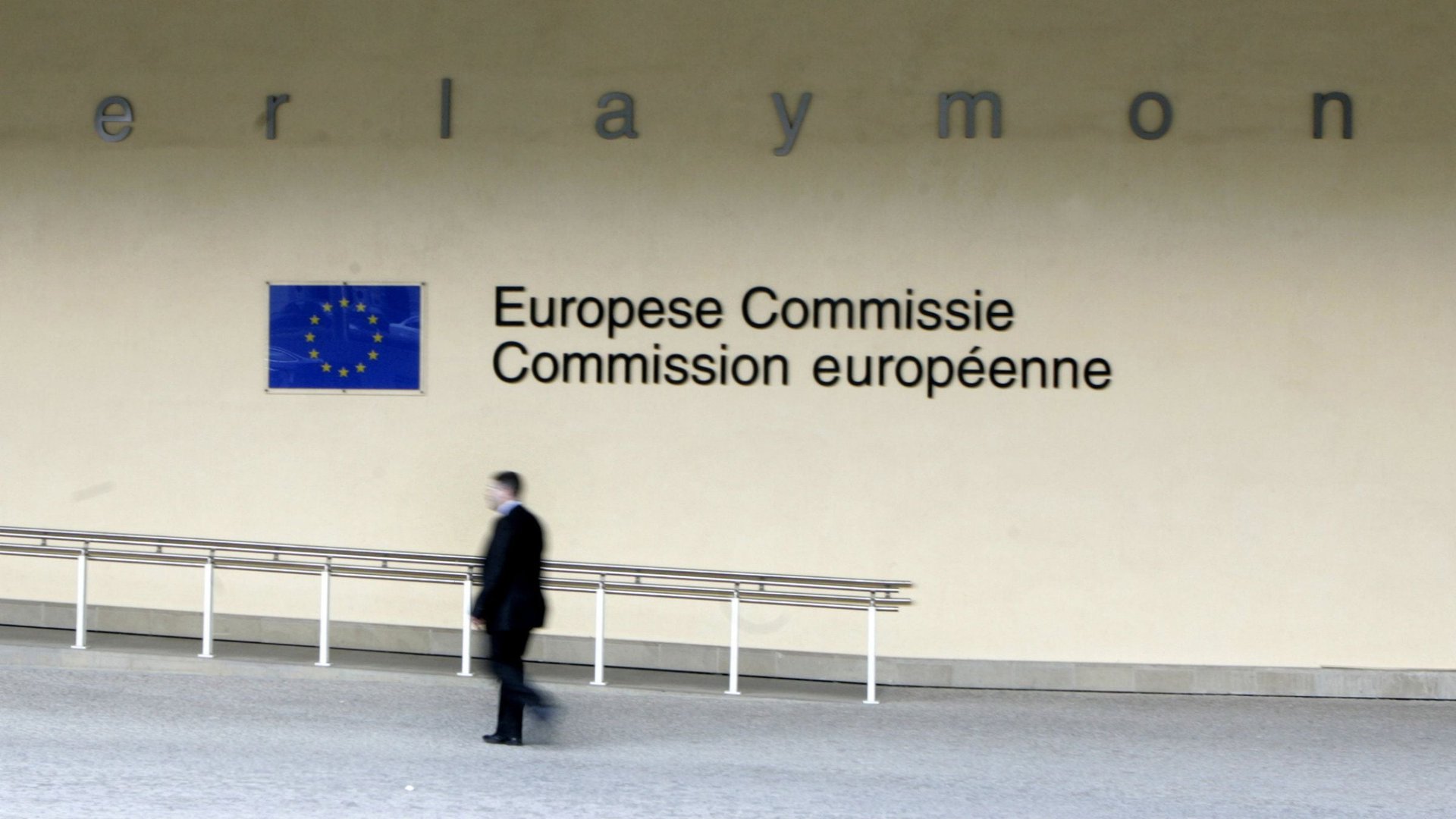Google’s lawyers are having their busiest summer ever
So it’s official. A week after Reuters first broke the story, the Wall Street Journal today confirmed (paywall) that the European Union’s regulators are preparing an antitrust investigation into Google’s Android mobile platform. Investigators are sending out questionnaires, seen by both Reuters and the Journal, asking:


So it’s official. A week after Reuters first broke the story, the Wall Street Journal today confirmed (paywall) that the European Union’s regulators are preparing an antitrust investigation into Google’s Android mobile platform. Investigators are sending out questionnaires, seen by both Reuters and the Journal, asking:
whether there was a requirement set by Google, written or unwritten, that they not pre-install apps, products or services on mobile devices that compete with Google software like its search engine, app store and maps.
According to the Journal, lawyers are speculating that a separate investigation into Google’s search practices “could be rolled [into] the Android probe, creating one mammoth investigation—and headache—for Google.” That would be on a par with the EU’s investigations into Microsoft, which started in 1998 and rolled on, and on, and on.
But that’s just Google’s latest headache. Here’s what else has been keeping its lawyers occupied this summer:
Search: ads
In February, it seemed like a long-running investigation into Google’s “sponsored results,” or ads, was finally at an end. The EU’s antitrust chief, Joaquín Almunia, announced an agreement that would have the search giant show competitors’ results along with its ads. Alas, it was not to be. In June Alumunia said in a letter to his fellow commissioners, seen by the New York Times (paywall) that the deal could still be modified. Moreover, he signaled the Commission’s willingness to look into “many allegations, the various practices that they cover, and the new types of markets that are affected.” This month, it is looking likelier than ever that the deal will fall through (paywall).
Search: people
Then there’s the whole fracas over the so-called “right to be forgotten.” The EU’s top court ruled in May that people can ask Google to censor search results for information about them if it’s irrelevant, outdated, or otherwise inappropriate. But Google first raised a big stink about the ruling, noisily removing links, then reinstated some. Then it convened a council of elders to give its actions some independent credibility, and finally explained itself after European data-protection regulators asked it what on earth was going on.
Meanwhile, a former banker in the UK is taking Google to the British High Court (paywall) for continuing to link to “vile and abusive” material about him in search results. Max Mosley, former boss of Formula 1, is also suing Google for continuing to publish tabloid newspaper pictures of him at a sex party. Both plaintiffs claim their cases have nothing to do with the right to be forgotten.
Privacy
Over in the United States, a judge ruled that Google must face a case claiming that it “commingled user data across different products and disclosed that data to advertisers without permission,” reports Recode. The case comes from Google’s decision in 2012 to combine all of its privacy policies across products into one single policy, which has remained in place despite despite investigations and fines from several European agencies. The latest of these rulings comes from Italy, which last month gave Google 18 months to change its practices or face a fine and possible criminal charges. Google has until the end of the summer to change its policy in the UK.
Tax
Spain is the latest European country to toy with the idea of a “Google tax” (actually a royalty fee). Spain’s new law allows publishers to charge people to link to their content. Germany passed a similar law last year. Meanwhile, there is growing dissatisfaction over the corporate taxes paid by Google, which account for less than 1% of its net income due to various tax-avoidance schemes.
Postscript: Fancy a job at Google? There’s no dearth of openings in the legal department.